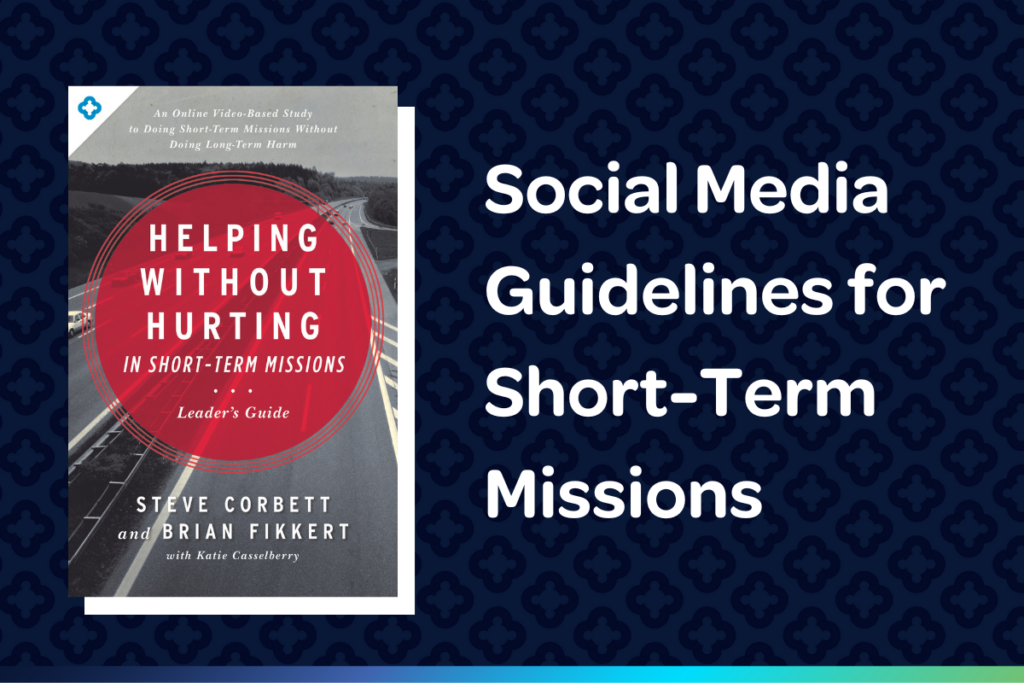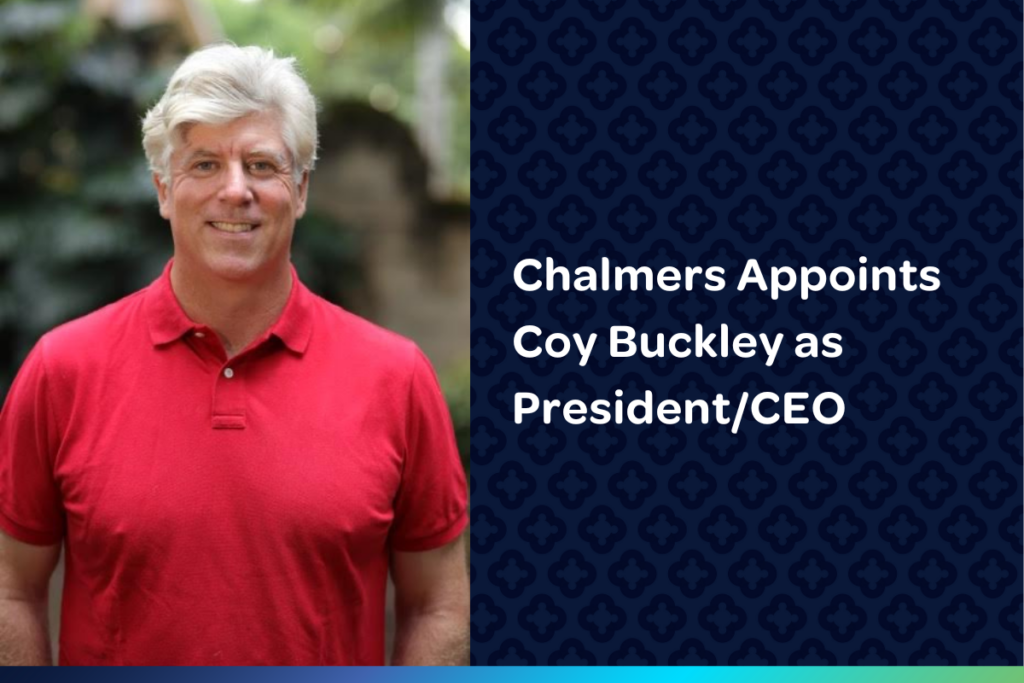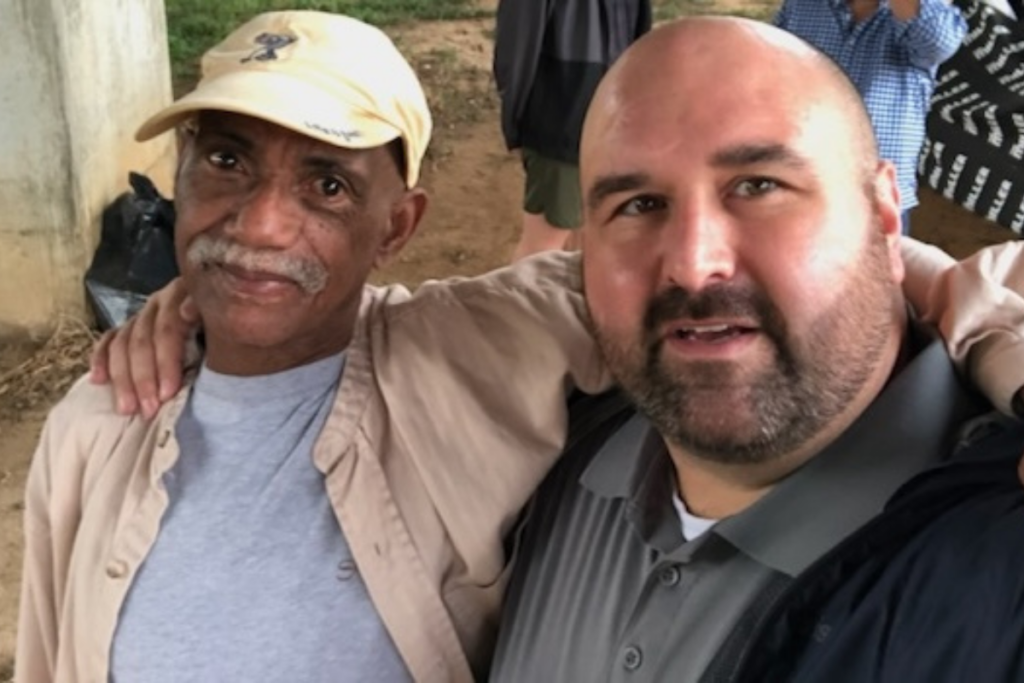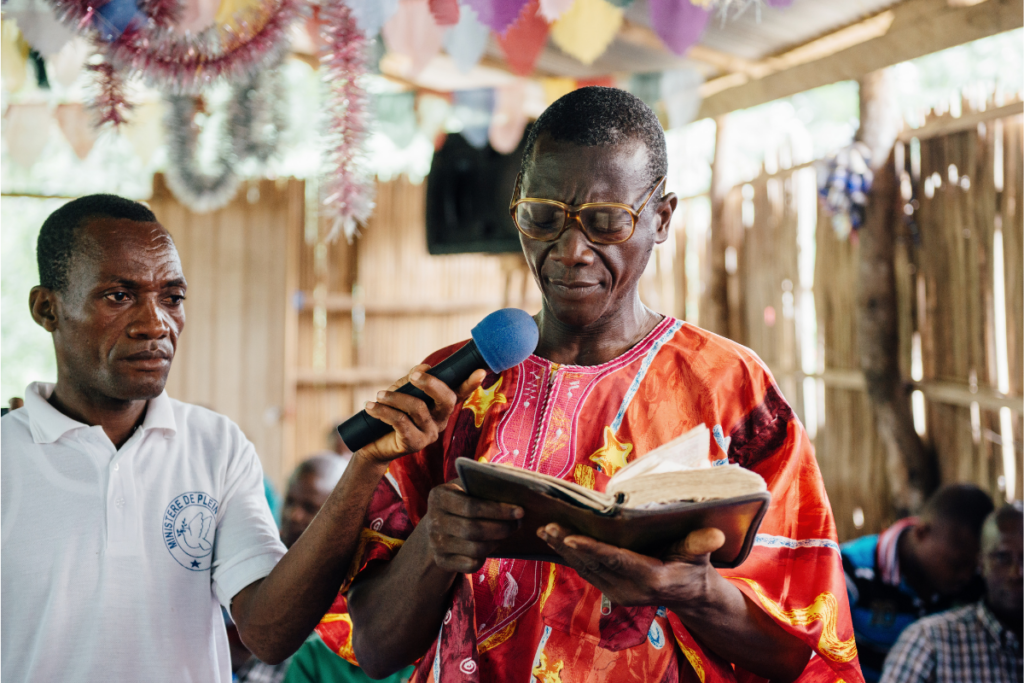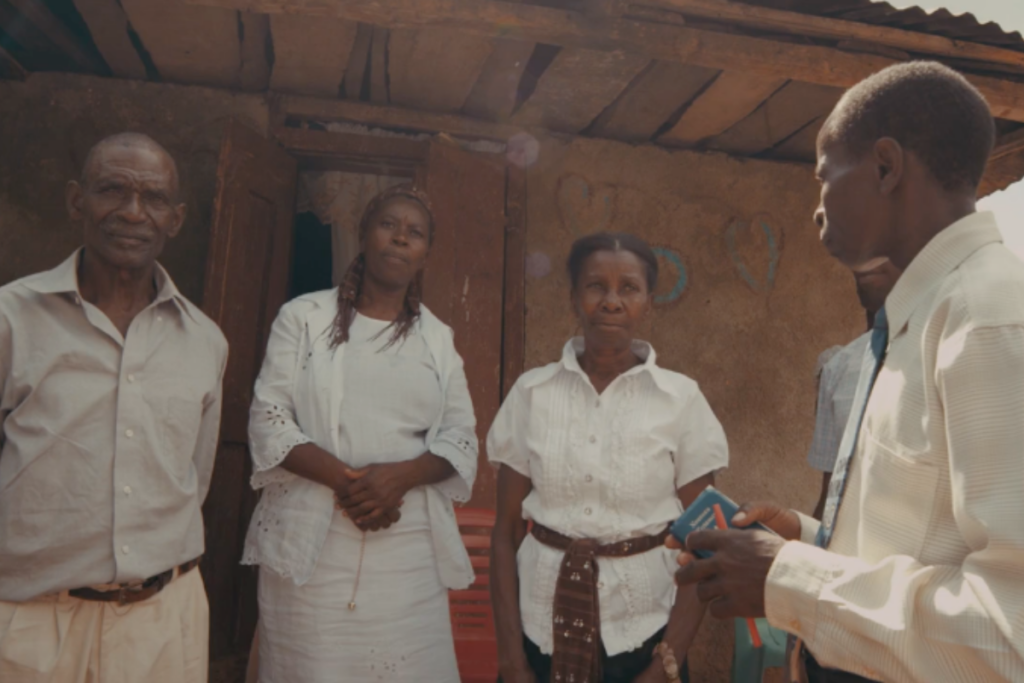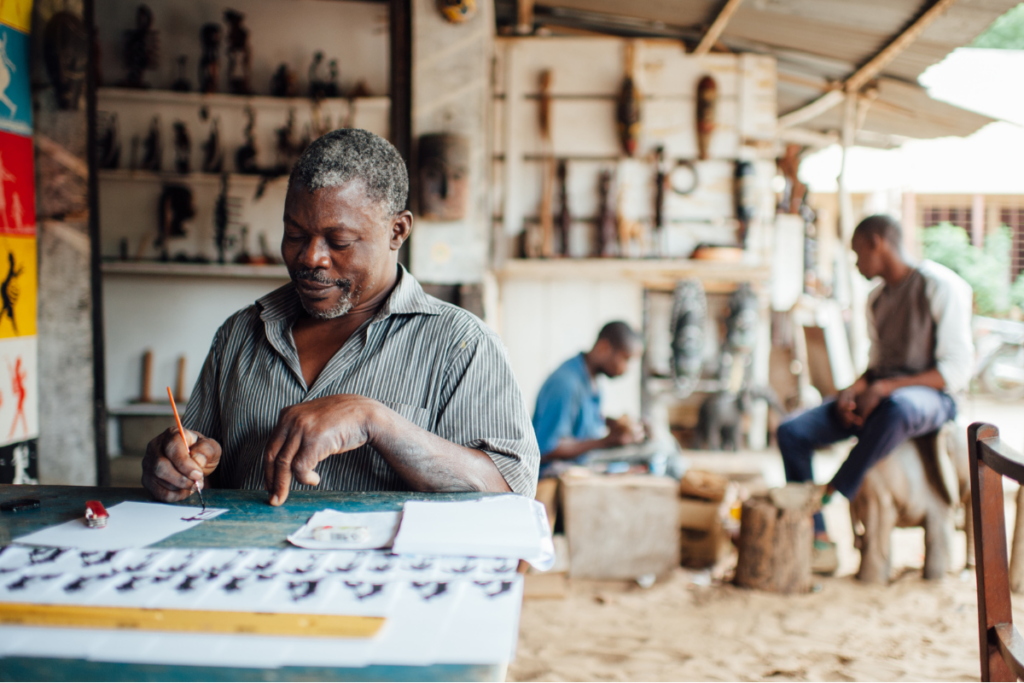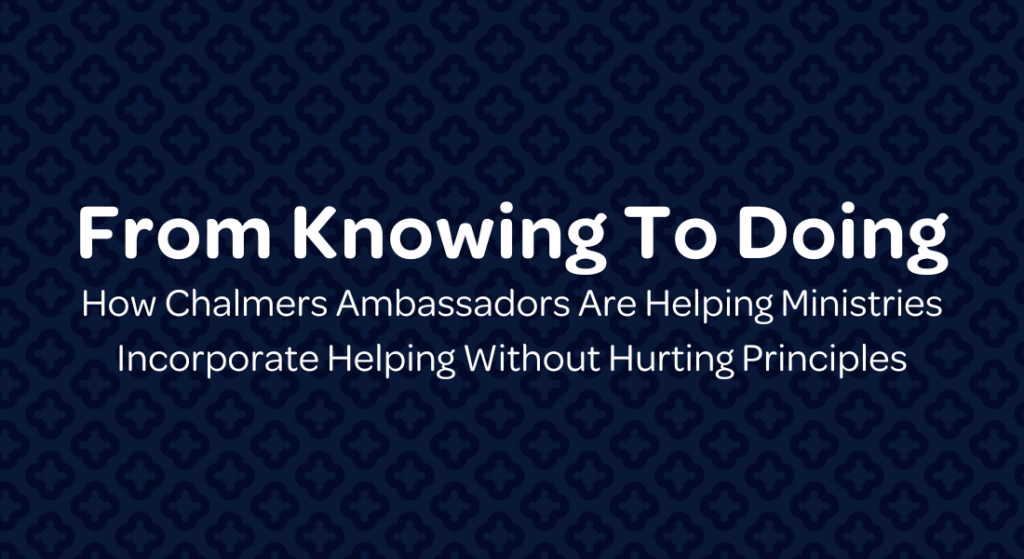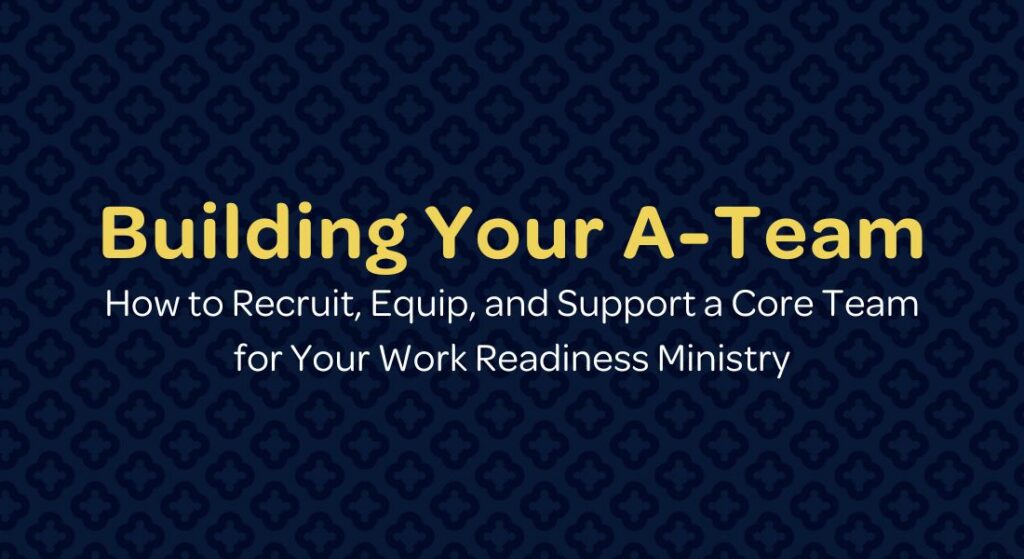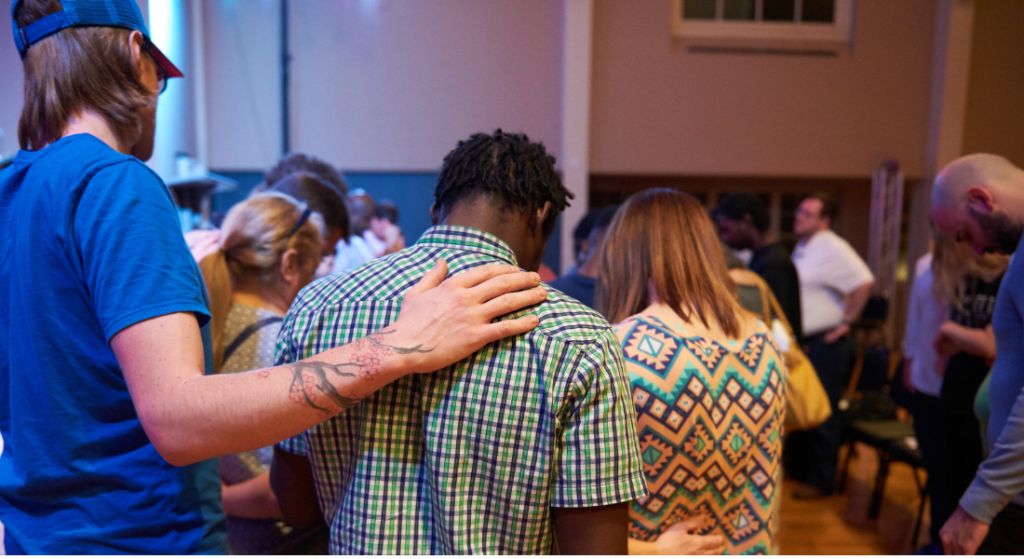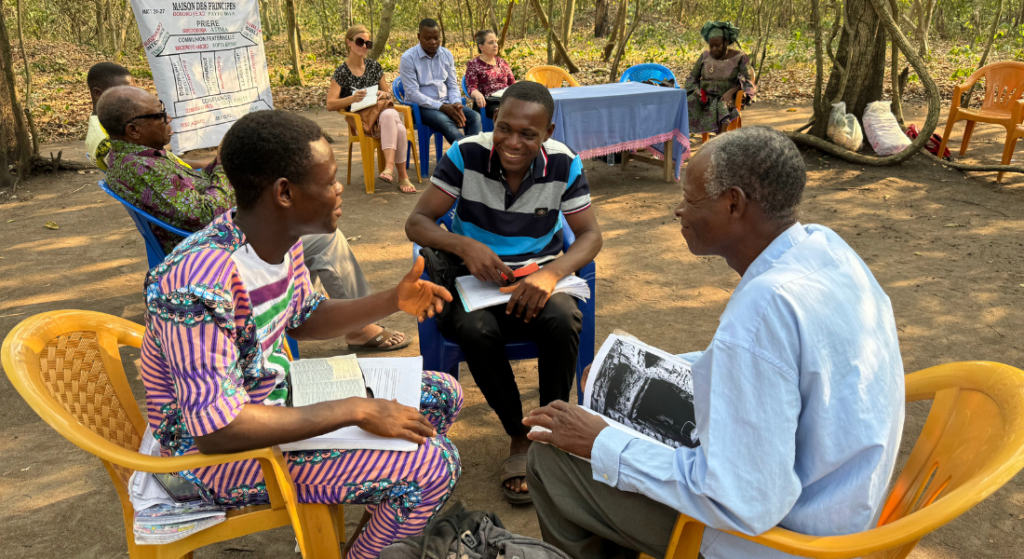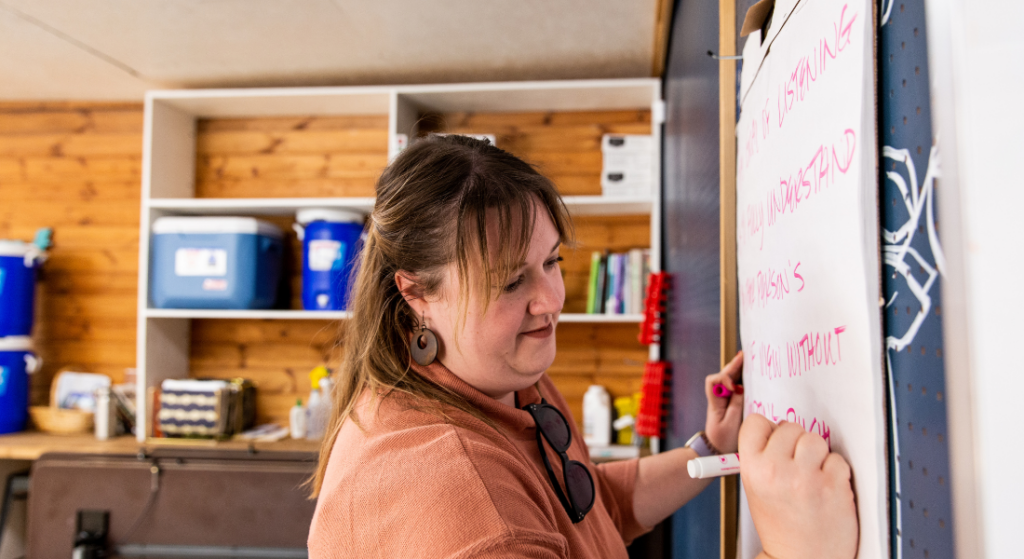Search
Categories
Tags
Social Media Guidelines for Short-Term Missions
Many Western Christians’ first engagement with cross-cultural ministry is through a short-term mission trip. But short-term missions can do more harm than good. We have to carefully consider why we might go and how best to conduct a trip that honors and supports the work God is already doing among and through His people.
Chalmers Center Appoints Coy Buckley as President/CEO
The Chalmers Center, a leading Christian poverty alleviation organization known for its best-selling book, When Helping Hurts, proudly announces the appointment of Coy Buckley as its new President/CEO.
Feasting Together: The Potluck Party of God
Scripture calls us as the people of God to care for those who are struggling economically. But so often, the metaphor for our compassion becomes the soup kitchen—we line up on one side of the serving line and scoop hot resources into the bowls of hungry people standing on the other side—instead of a potluck—where everyone has a place and everyone brings a plate.
Seeking the Welfare of Augusta
How do we reach the whole of our city? Jesus is redeeming all things, so how do we lean into that and build relationships in every sector?
You’re Not the Hero: Avoiding Paternalism in Short-Term Missions
Healthy, effective approaches to addressing material poverty start by recognizing and celebrating the gifts and resources God has already placed in a community. This can include natural resources, people, families, neighborhood associations, schools, businesses, governments, or individual skills.
Before You Go: Defining Success in Short-Term Missions
As the summer season approaches, many church groups in the U.S. are preparing for short-term mission trips, whether inside or outside the country. They may be thinking through the details of their plans, making travel arrangements and packing lists and prayer sheets, and raising funds.
Why Work Matters
God’s passion for work is a theme found throughout Scripture. One example found in the Old Testament is gleaning laws, which we explored in previous posts (HERE and HERE). In addition, Scripture also has a lot to say about why work matters, why justice for workers matters, and why we should care for those who are vulnerable.
Living As People of the Resurrection
The work of fighting poverty is a long and difficult road. For every joy and story of transformation, we can all think of sorrows and stories of loss and failure. Walking alongside people through the brokenness of the world is often a one-step-forward-three-steps-back process. It is easy for ministry practitioners and volunteers to grow weary and ministry participants to grow discouraged. Real hope for people and systems in a fallen world seems elusive, and anxiety is poor fuel for sustainable ministry.
From Knowing To Doing: How Chalmers Ambassadors Are Helping Ministries Incorporate Helping Without Hurting Principles
Earlier this week Justin Lonas, Director of Foundational Products at the Chalmers Center, hosted a webinar with two of our Ambassadors and two ministries they recently served. During the conversation, Justin shared that the basic premise of the Ambassador program is discipleship. Our purpose in training and sending out Ambassadors is to support churches and organizations as they walk alongside and empower people in their community who are facing the challenges of material poverty.
Building Your A-Team: How to Recruit, Equip, and Support a Core Team for Your Work Readiness Ministry
Last week, Shay Bassett, Director of the Work Life program at the Chalmers Center hosted a webinar on Building Your A-Team: How to Recruit, Equip, and Support a Core Team for Your Work Readiness Ministry. She shared about why work matters, the barriers people face to finding and keeping sustaining work, and why we need a new story about work.
Agents of Reconciliation
The New Testament consistently describes Jesus’ work on the cross as “reconciliation” (Col. 1:20. etc.), which means putting things back into right relationship again. The Apostle Paul also teaches that we also have a role in reconciliation.
Stories of Transformation from our Partners in West Africa
For over a decade, Chalmers has worked in West Africa to launch RESTORE savings group ministries that have helped people living in extreme poverty to experience healing, peace, and freedom through restored relationships with God, self, others, and creation. This work allows us to speak from a place of experience and authenticity as we partner…
Don’t Reinvent the Wheel: Learning From Others in Ministry Design
Over the years, I’ve had conversations with hundreds of ministry leaders who reflect on how, in the early years of their work with the materially poor, they did as much harm as good.
Understanding Our Vision for Poverty Alleviation
If we want to see an end to material poverty, we need a clear vision of what this looks like. Just as our diagnosis of the causes of poverty shapes the remedies we pursue, so too does our idea of the ultimate goal of poverty alleviation.
Repenting of the Health-and-Wealth Gospel: Lessons from Kibera
In the heart of Nairobi, Kenya, lies one of Africa’s largest slums—Kibera. Conditions there are harsh. People live in makeshift structures, surrounded by open ditches filled with human and animal waste. Opportunities for jobs and education are severely limited, as is access to healthcare, food, and clean water.
Living within Your Limits: Building Partnerships for Ministry
As you begin working on launching or refining a church benevolence or other community development ministry plan, you’ll quickly discover you can’t do it alone. Your church or organization can’t provide everything that everyone is going to need on this journey, nor should it!
Worship and Fighting Poverty
We don’t often connect our work in fighting poverty (and economic life more generally) with our worship of the living God. But we should. When the collection plate is passed around in a church service, pastors often try to connect the dots to how our giving is part of worship. But it doesn’t always register with us.


